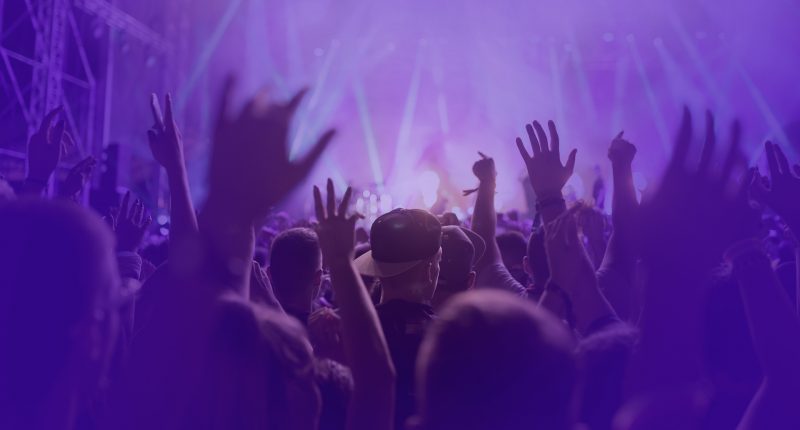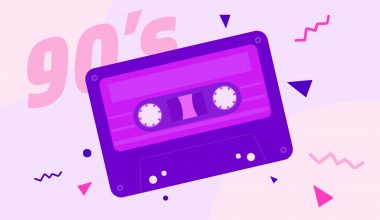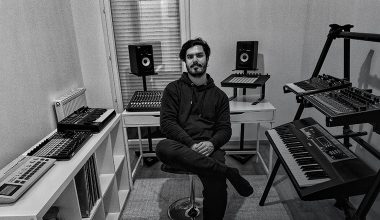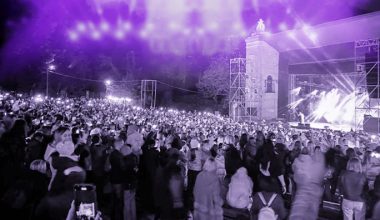Ever been to a concert that exceeded your expectations? Or perhaps you saw one of your favorite bands live and it was not exactly as spectacular as you had played it out in your mind? There’s a huge difference between live and prerecorded music, no doubt. Here’s where it comes from.
Action!
Going to a concert is an activity that starts way earlier than the actual performance. It involves research, selection, ticket booking, interactions, and a pumping dose of enthusiasm. The preparation is a chain of actions that sparks the brain and builds up excitement and anticipation.
Each live set is unique and it’s never a waste of time to go see a show twice. If you don’t believe it, ask Mitchell Roth – the guy who followed Bruce Springsteen on his performances around the U.S., Europe, and Australia over 400 times! “The shows are rarely similar because he mixes up the setlists every time, so most of us don’t know what’s coming. He always empties the tank.” Roth explains.

Choosing who you want to glorify and lift on top of your personal stage belongs to you. Most of the time concerts are not private, true, but as much as they are collective affairs, they’re also multiple individual experiences – meaning the various perceptions of all people attending. In the center of attention, on the periphery, or buried deep in the crowd, occupying any spot of a live music event is an act of self-expression.
Medication For The Soul
Craving social activities (especially now) is not the number one reason our desire for concerts is so strong. Yes, the social factor is big, but not absolutely necessary. A lot of people who go to live shows, maybe even you, don’t care about the rest of the audience. They might feel the powerful vibration of the crowd but they don’t NEED it to feel content. What they NEED, though, is the live component.
The real-time in-person connection is hard to mimic, although there are several impressive attempts to substitute it with technology. For example, the software company iZotopic invented the first concert simulation app LiveTunes which combines reverb – an audio effect used to imitate the sound of different spaces – with professionally recorded live audience sound effects. Not bad, and yet, this tool is more useful for musicians than for fans.

What’s the concerts’ spell all about then? From a psychological point of view, it’s the juxtaposition of the effects of music on the mood, the visual sensation, and a feeling of belonging (or not belonging). These three elements trigger strong emotions, so it’s only natural, concerts are unforgettable experiences – anything appealing to human sensitivity is kept dear and remembered for a long time.
Therapists proved that this “touching quality” of live entertainment is highly beneficial for patients and has magical healing capabilities. Goldsmiths, University of London study, one of the many psychology projects that have confirmed the stress-relieving effect of concerts, concludes: “Our research showcases the profound impact gigs have on feelings of health, happiness, and well-being — with fortnightly or regular attendance being the key”.
Temperature Rising
Besides the positive influence concerts have on the human mind, there are also countless physical circumstances. Don’t get us wrong, live music doesn’t make you sick – your temperature is rising to a healthy level, not more than that!
In their elaborate experiment, the Japanese scientists Shoda, Adachi, and Umeda observed that all participants, examined in a live music setting, had similar alterations in their:
- heart rate
- sweat
- skin temperature
- muscle tension
- respiration
Their bodies were literally getting in the perfect condition for dancing!
The difference between the consequences of listening to recorded music and live performances was in that exalted eagerness for synchronizing with the rhythm which was described in the study as “shivers-down-the-spine”.
Transcendence
Can we include one more trendy science in the picture? Certainly. According to quantum physics, information is constantly piercing through our universe encoded into tiny particles. At concerts, this is a shared, sort of telepathic process, in which the artists and the listeners are equally engaged. Especially, when improvisation happens, the exchange of information through particles in all directions is extremely intense.
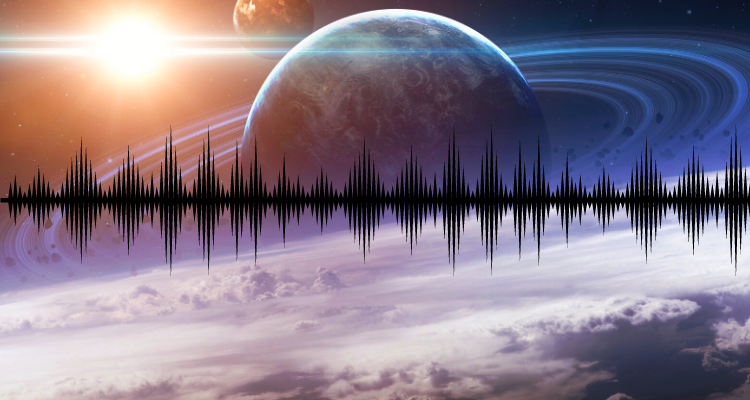
Sonification means translating cosmic data through sound and when you’re listening to or creating live music, you’re in fact decoding universal messages. This concept sounds complicated for sure and we’re throwing it at you open for interpretation. Just have fun with it or think of it as a brain chewing gum.
Mixing It All Up
Enjoying live music doesn’t require rationalization. We all love concerts just because we do and we definitely don’t have to break it down and supply scientific evidence for the way we feel. And still, isn’t it amazing how much is really going on under the surface during a single gig?
